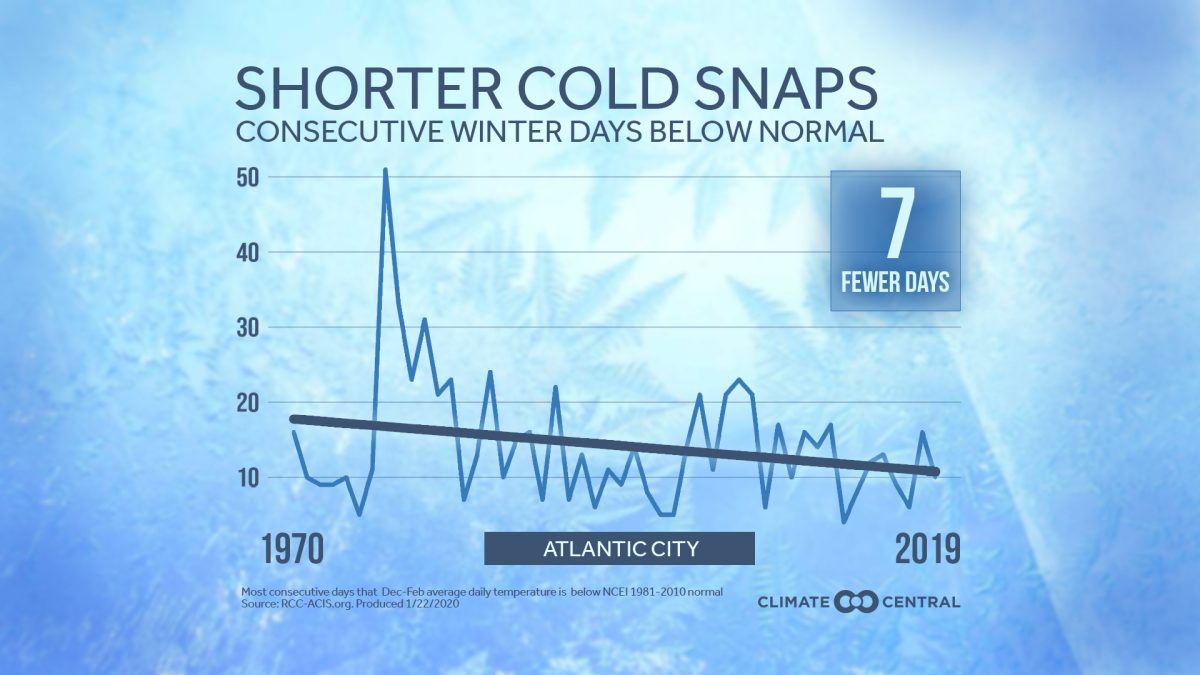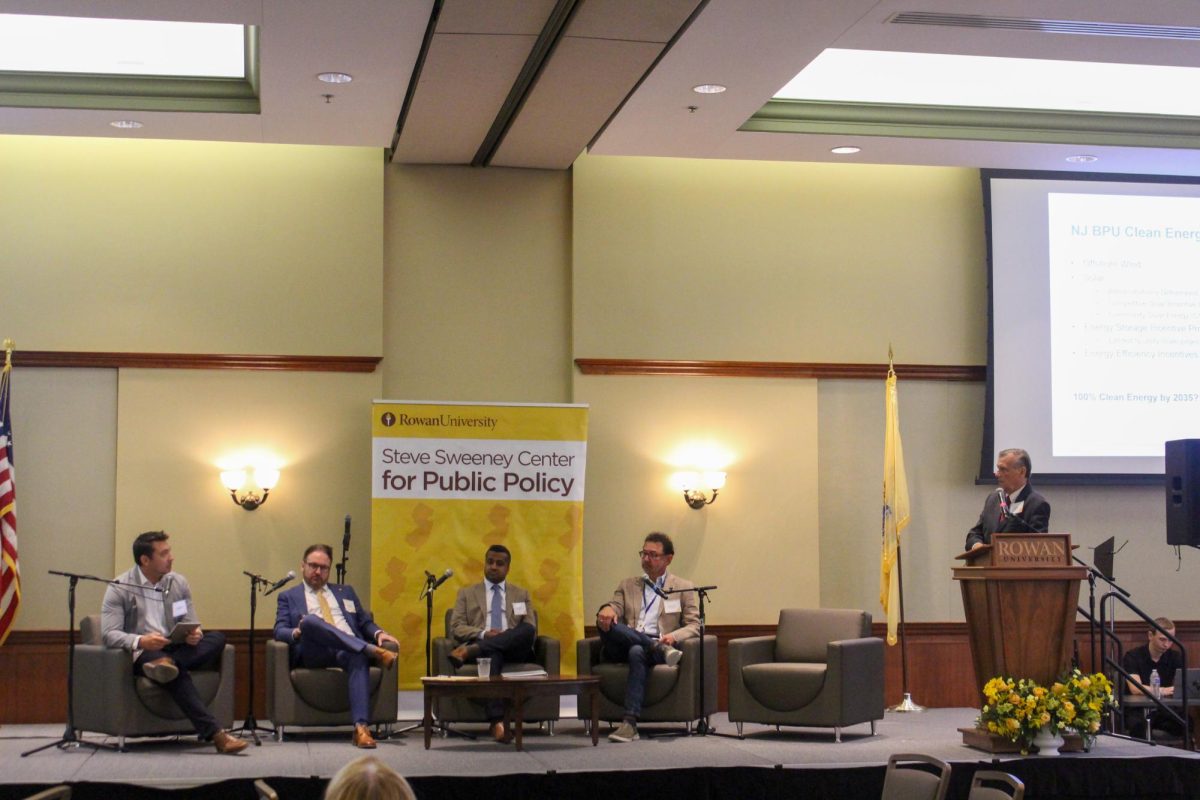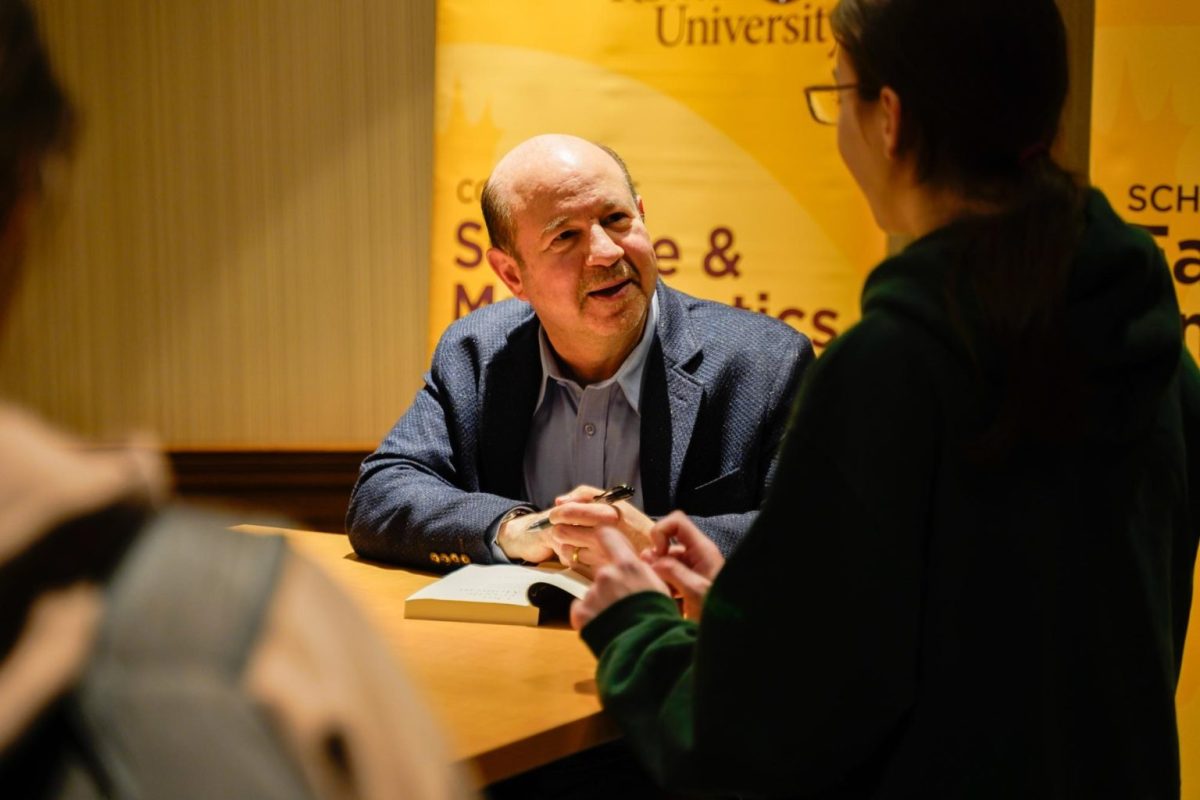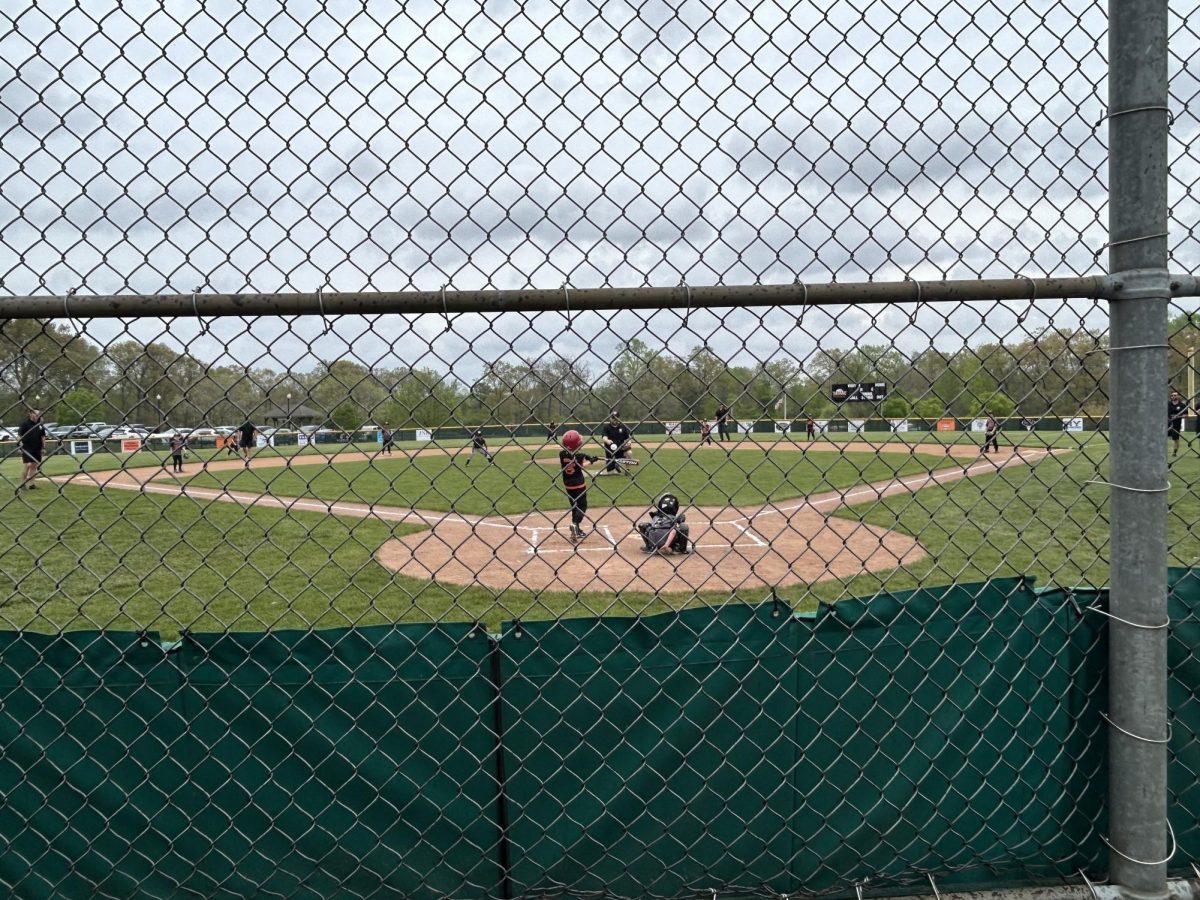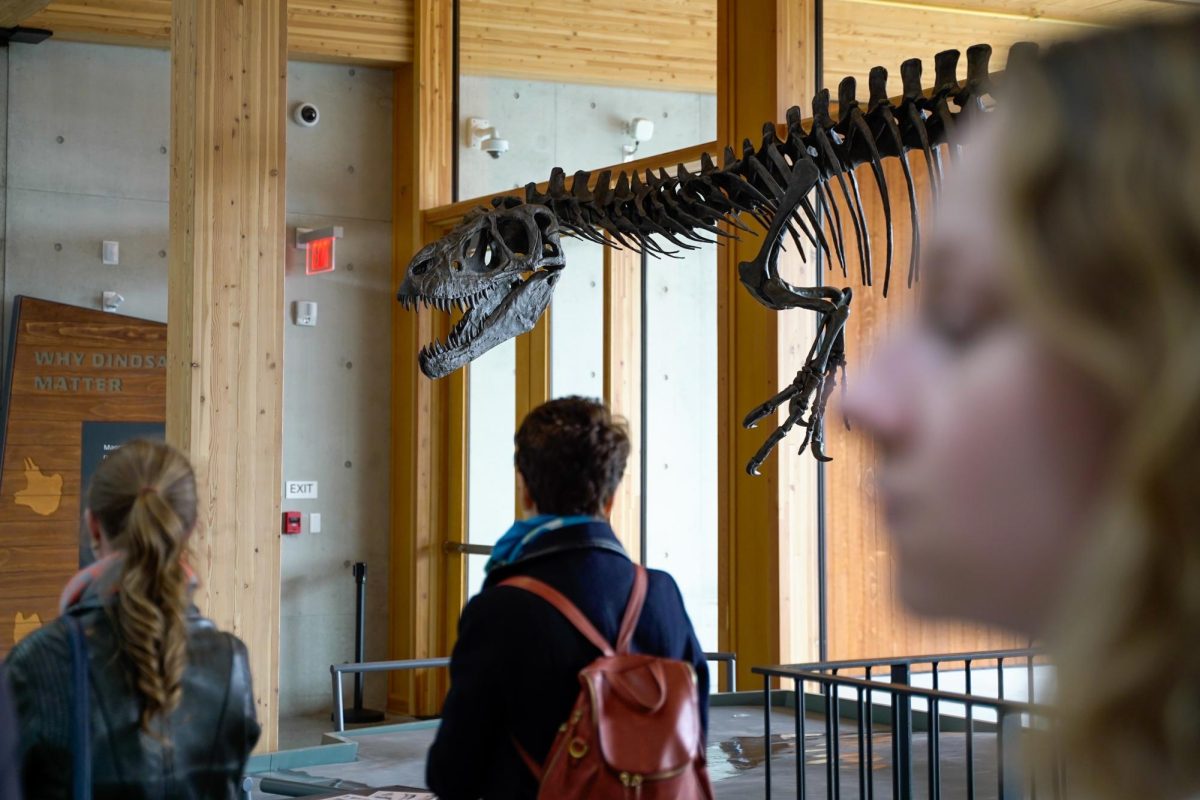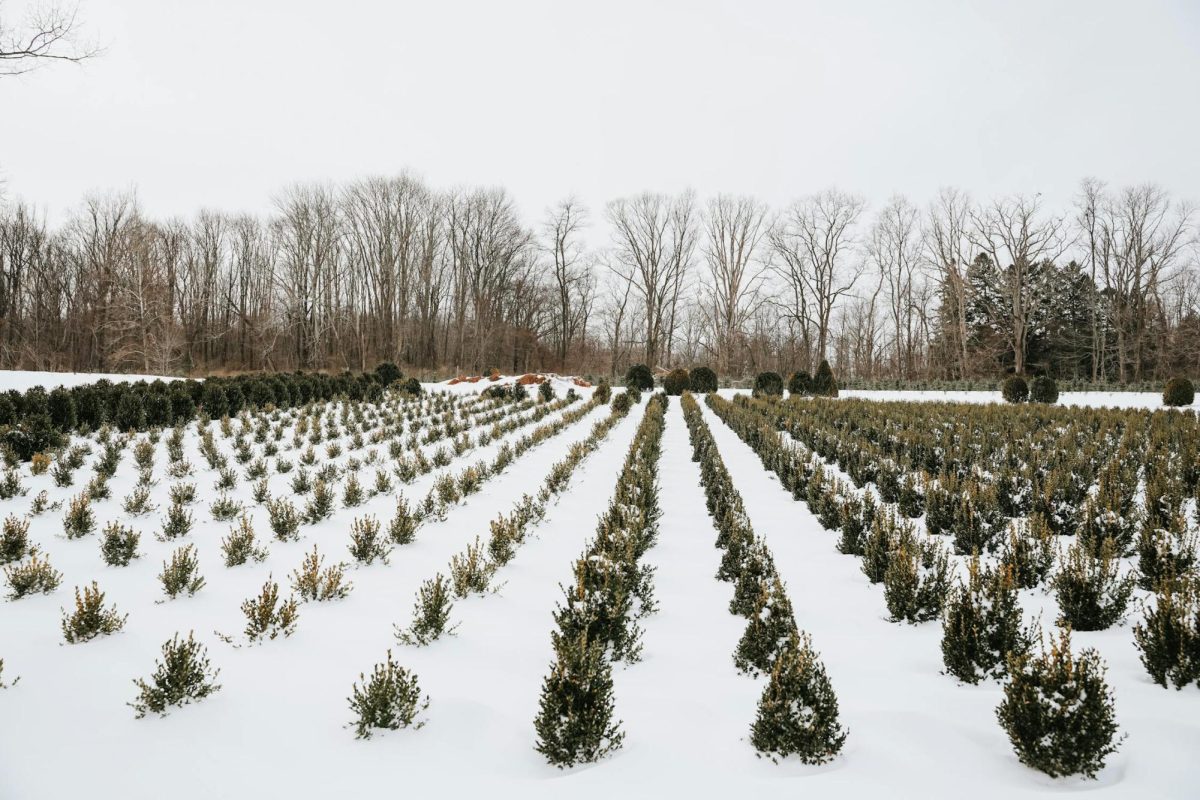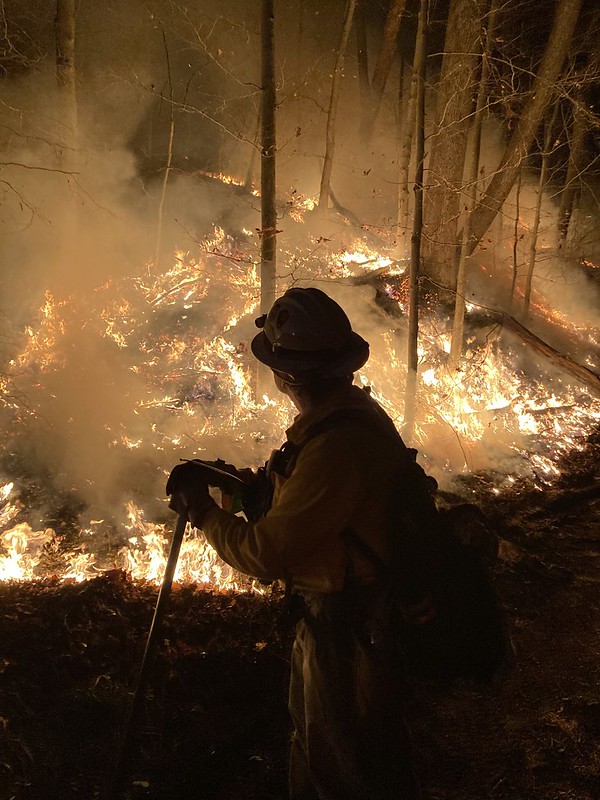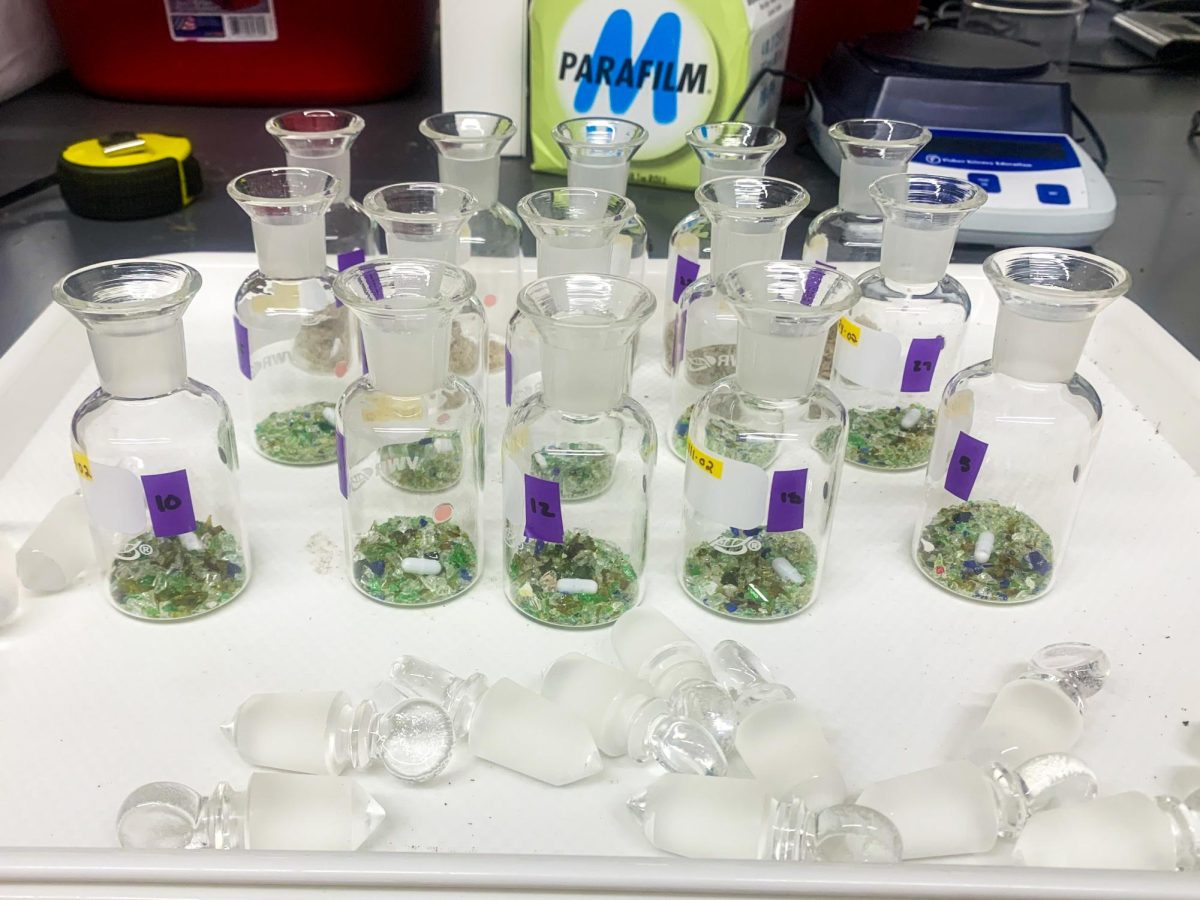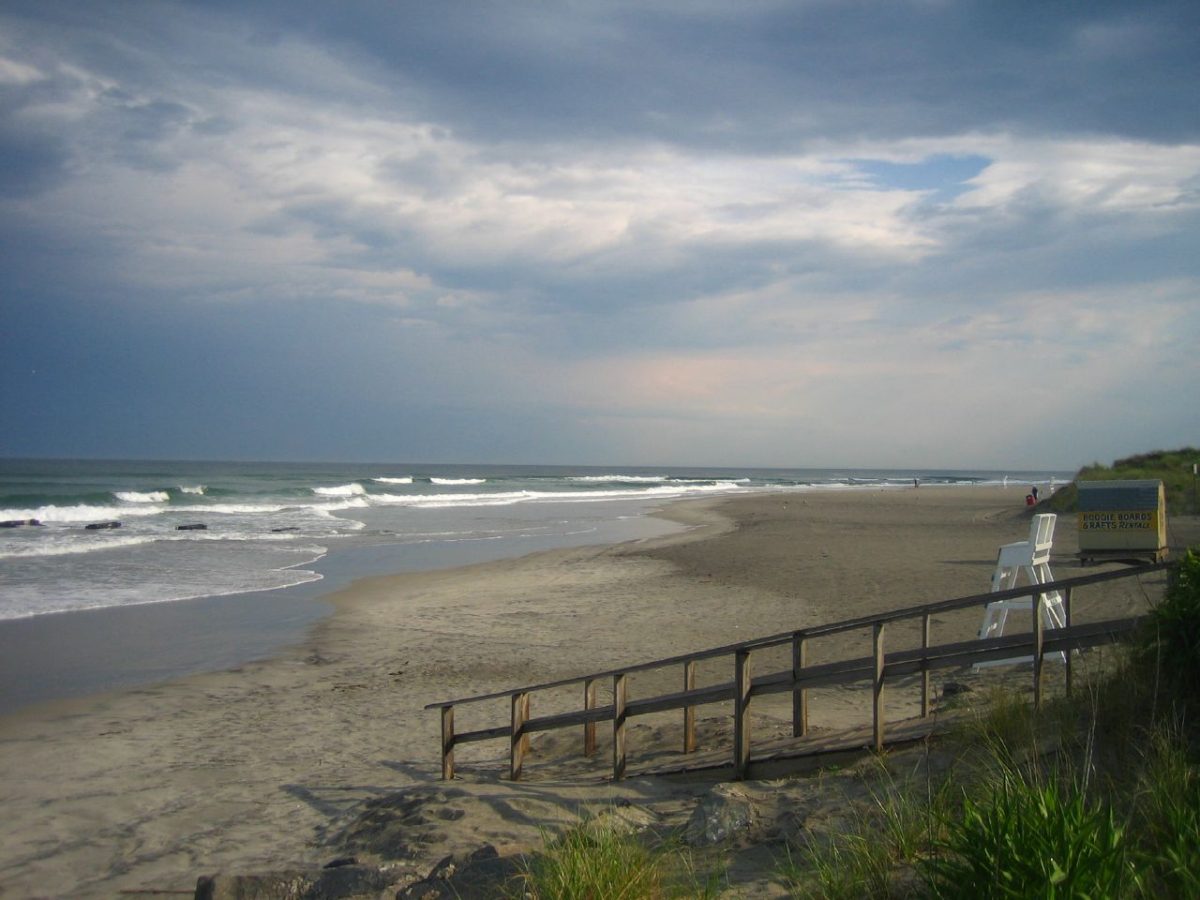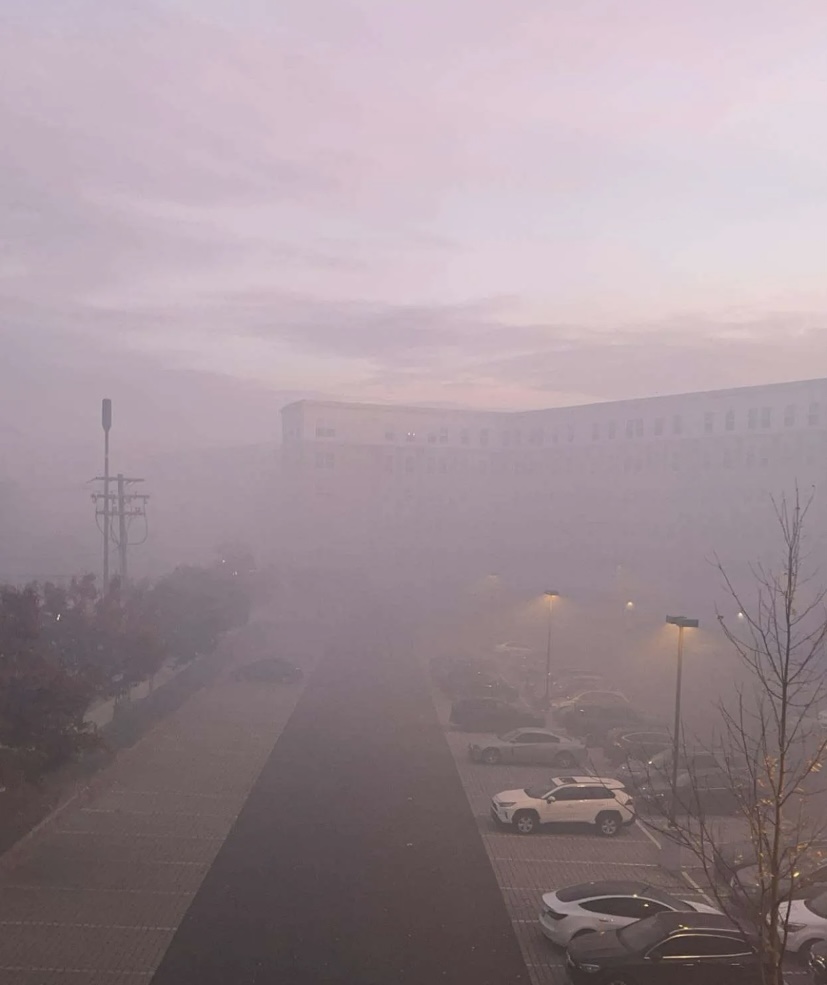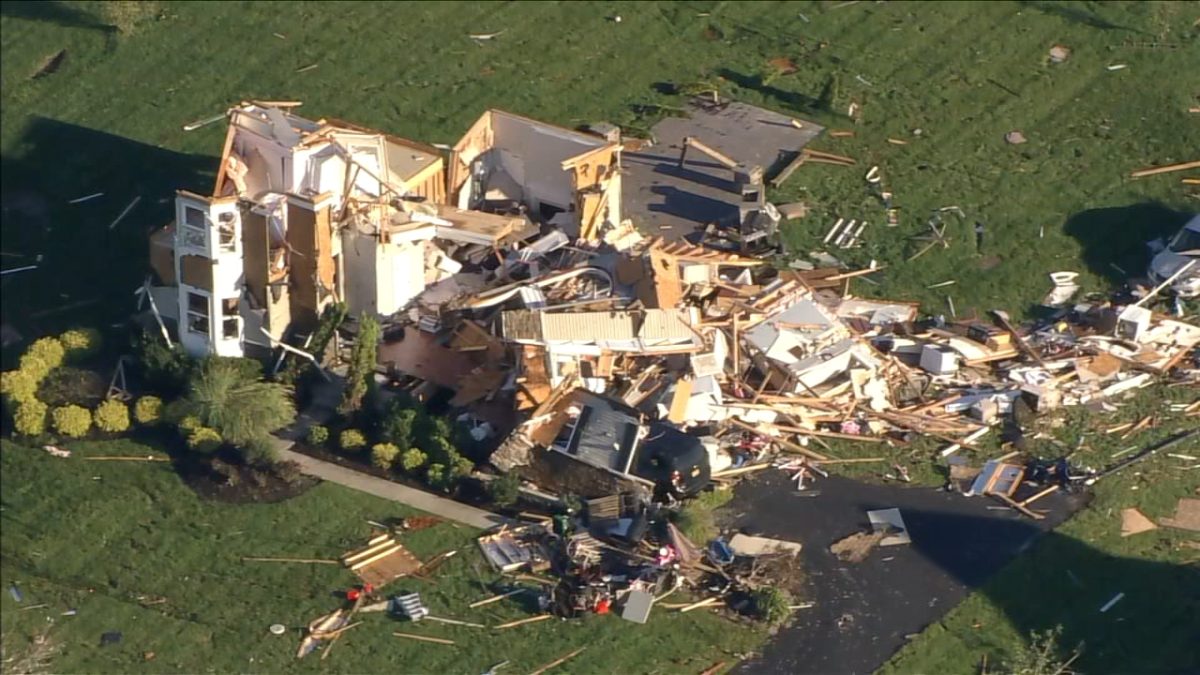By Christopher Connors | Feb. 20, 2020
For much of the United States, it seems like old man winter has taken a break.
New York City and Chicago have gone the entire season without issuing winter storm warnings, according to Weather.com. To date, 48 of the 50 states have experienced above-average temperatures during the winter season. And in the Philadelphia and South Jersey region, temperatures have been very mild.
The causes are numerous and varied, but there seems to be a consensus among researchers and scientists as to the general cause.
It’s called a positive arctic oscillation, an atmospheric condition which describes “simultaneous, geographically ‘choreographed’ shifts in multiple features of the polar vortex: air pressure, temperature and the location and strength of the jet stream,” according to Climate.gov.
This teleconnection is “basically a setup in the atmosphere which varies but the variations can last for quite some time,” Ball State University Professor Dr. Petra Zimmermann explained in an email.
This winter, the arctic oscillation is in a positive phase, affecting the jet stream and “keeping the cold air bottled up to the North,” NJ State Climatologist David Robinson said.
That arctic air has been trapped near the North Pole, resulting in the mild winter we’ve been experiencing.
“Overall, our winters are getting milder. This is due to anthropogenic activities, a greenhouse effect that humans are enhancing,” Robinson said. “This winter would have been mild if we were on the planet or not. However, with our the warming that is going on in the winters over the last half century, that’s been enough to raise the temperature that much milder. It’s most always a combination of the two, some natural variability, but laying that natural variability on top of a humanly warm atmosphere.”
Read the full article on The Whit
This story is part of The Whit’s participation in a statewide climate reporting collaboration with members of the NJ College News Commons, a network of campus media outlets working together to cover the climate crisis in New Jersey.

